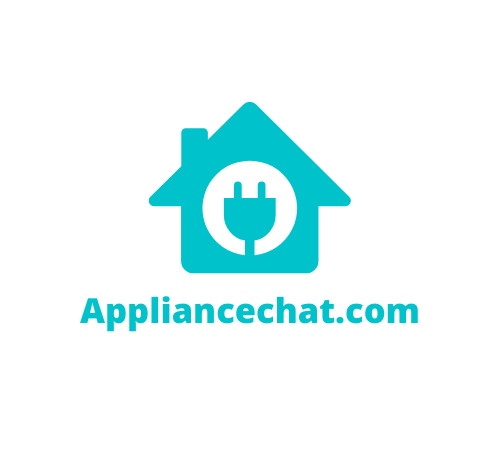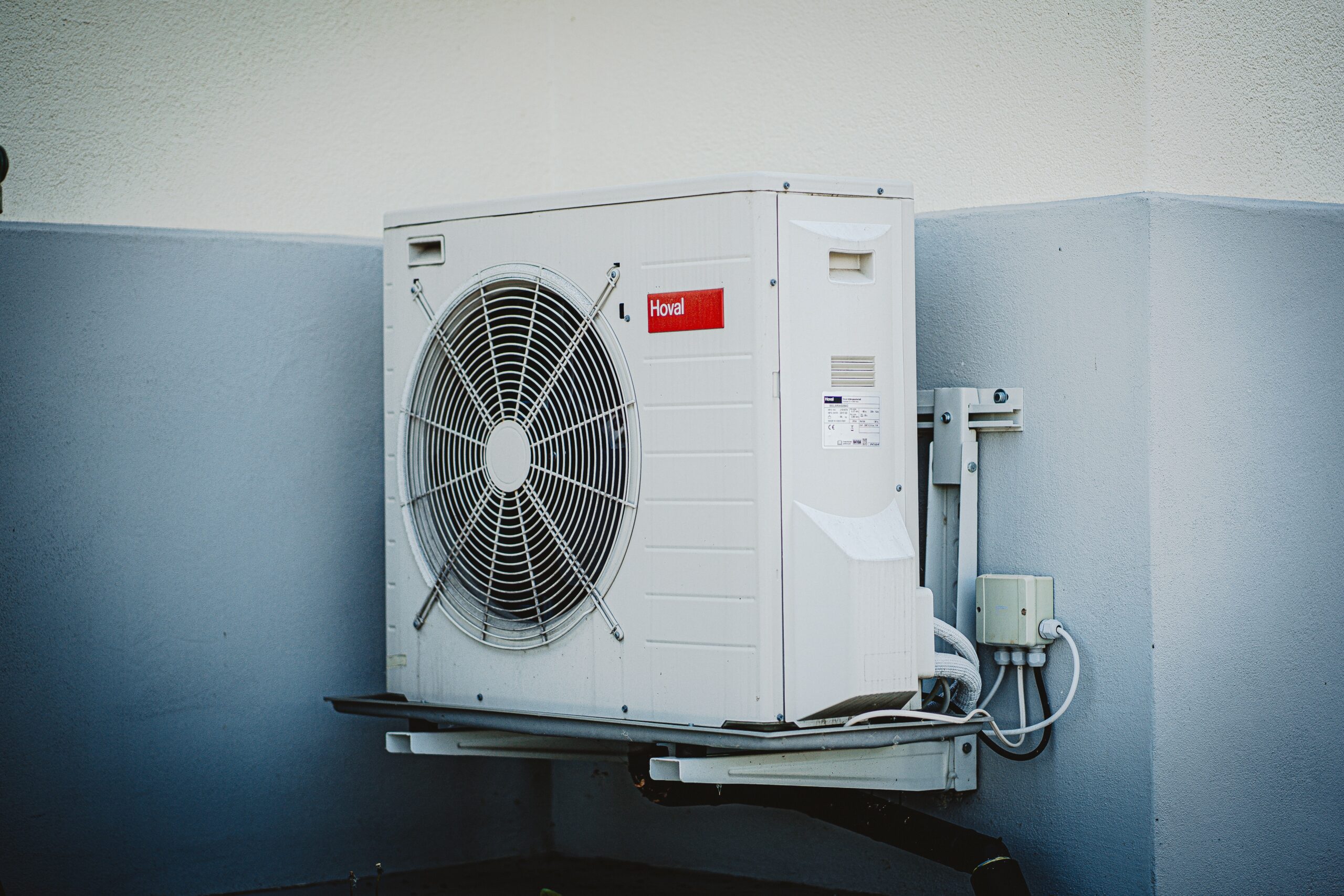Nothing like a warm day, only to find when you crank up your air conditioner to find it repeatedly turns itself on and off.
It’s as if your air conditioner is possessed and knows when to turn on, and off.
It’s no laughing matter, let’s dive in to understand the most common reasons why air conditioners turn themselves on and off and solutions.
Why does my Air Conditioner Turn Itself on and off?
Air conditioners repeatedly turn on and off, most likely caused by short cycling, which occurs when an air conditioner repeatedly starts up and then overheats (and shuts down) due to a bad compressor, dirty filters, dirty coils, low refrigerant, or frozen coils.
An overcharged system will allow liquid Freon into your compressor, causing it to fail.
Your air conditioner is most likely short cycling if it keeps turning on and off. Because of dirty, broken, or failing parts, or for a variety of other mechanical or electrical reasons, an air conditioner may cycle on and off repeatedly.
Short cycling occurs when an AC system’s cooling cycle terminates prematurely, only to restart after a short period.
This could mean that your system turns on and off every 5 to 10 minutes, depending on the indoor and outdoor conditions.
So, now that we’ve addressed the main question, let’s look at the top five reasons and solutions.
Thermostat
Your problem could be as simple as your thermostat causing the short cycling, so check the thermostat when your AC system is short cycling.
While the thermostat may appear to be a minor component of your overall system, it controls the temperature of your entire home, so it must work properly.
If the thermostat does not accurately sense the temperature and communicates incorrect information, it will cause the air conditioning system to start and stop frequently.
If you notice your thermostat screen is blank or fading, the batteries may be low and intermittently lose power.
When your thermostat’s battery power runs out, your air conditioner will cycle on and off.
Solution
Replace the batteries and reboot the thermostat. If neither solution solves your problem, contact an HVAC professional to have the thermostat diagnosed.
Dirty Condenser Coils
If your outside air conditioner is cycling on and off and you haven’t performed AC maintenance in a few years, your condenser coils may be caked in dirt and debris.
Condenser coils are located inside the outdoor AC unit and are responsible for releasing heat from your home.
If they become clogged with too much dirt and grime, your air conditioner may overheat and shut down frequently.
Solution
Clean your condenser coils yourself or hire a local HVAC company to perform regular AC maintenance.
Oversized AC Unit
A system that is too large will not have an appropriate refrigerant cycle and will experience a variety of issues, such as cooling your home too quickly and then turning it off shortly after turning it on.
This may appear to be a good thing, but your home is cooling unevenly, and your AC will turn back on sooner than it should.
If your air conditioner cycles on and off every 10 minutes, an oversized air conditioner could be to blame.
Solution
- With an oversized HVAC system, humidity is a problem, but you can reduce humidity in your home with a separate dehumidifier. A dehumidifier is a good general option if your home is frequently humid.
- If your oversized system is relatively new, you may be able to recoup some of your costs by selling it. If you were advised to install an HVAC system that was too large for your home, you may be able to contact the seller and discuss your options.
Alternatively, contact an HVAC technician to carry out a cooling load calculation Only then will you know if your current air conditioner is too big.
AC Unit Refrigerant Leaks
If you have a refrigerant leak in your AC system, your air conditioner may be running out of refrigerant. Refrigerant is a coolant that circulates through your air conditioning system, absorbing heat and cooling the air in your home.
It’s a common misconception that refrigerant is depleted during the cooling process of an air conditioner.
Low refrigerant levels, on the other hand, are caused by small holes that allow the refrigerant to escape.
When the refrigerant in your AC system runs low, the compressor will malfunction and shut down because the pressure is too low.
When your compressor is turned off, the pressure will rise, and it will turn back on.
This results in a short cycle with a lot of wear and tear.
If you can hear a hissing sound coming from your air conditioner could indicate several issues, however, you likely have a refrigerant leak.
If the leak is severe enough, your air conditioner may even gurgle.
Ice crystals are an indication of a refrigerant leak. It is critical to inspect your evaporator coil (the indoor coil) regularly for new formations.
The coils will not absorb heat if the refrigerant level circulating through the evaporator coils is insufficient.
As a result, the condensation on the coils will freeze.
When your air conditioner stops working, ice melts and water drips on the floor.
While ice on the evaporator coil may not appear to be a cause for concern, it can cause a system breakdown and result in an expensive repair, such as a compressor replacement.
Solution
If you have ruled out the thermostat and electrical issues and you suspect, it is a refrigerant leak its best to call out an HVAC technician
Clogged Drain Line
A float switch is a safety feature found in most air conditioning systems that will turn off your system if the water in the drain line is not flowing properly and begins to back up.
If you’ve already ruled out the thermostat and electrical issues, check to see if the air doesn’t circulate when your thermostat is set to auto.
Solution
Contact a local HVAC expert to help you unclog the drain line if you don’t know how to.
Otherwise, follow these instructions here
Final Thoughts
It is critical to repair your air conditioning system not only to keep you cool. Financially, as well. If your air conditioner is fighting and working as hard as it can. Your electricity bills will skyrocket if your air conditioner runs at full power for a short period of time.
Related Articles
- 5 Common Problems with Trane Airconditioners (Must Read)
- 7 Common Problems with Rheem Airconditioners (Must Know)


